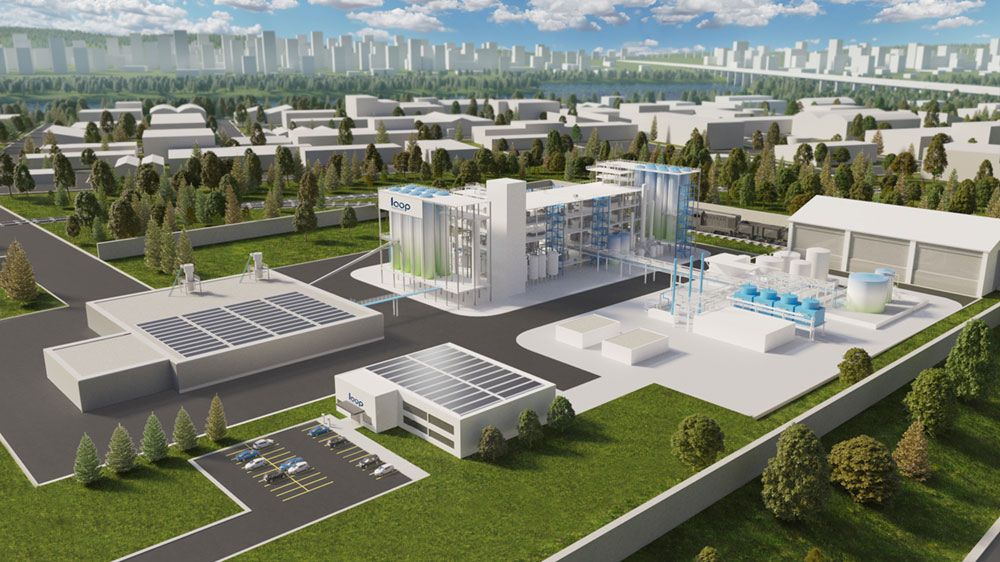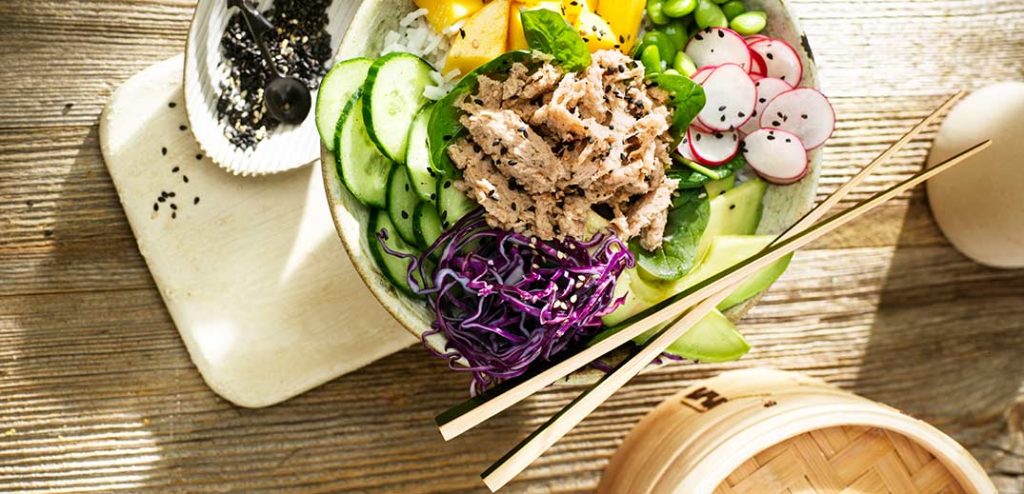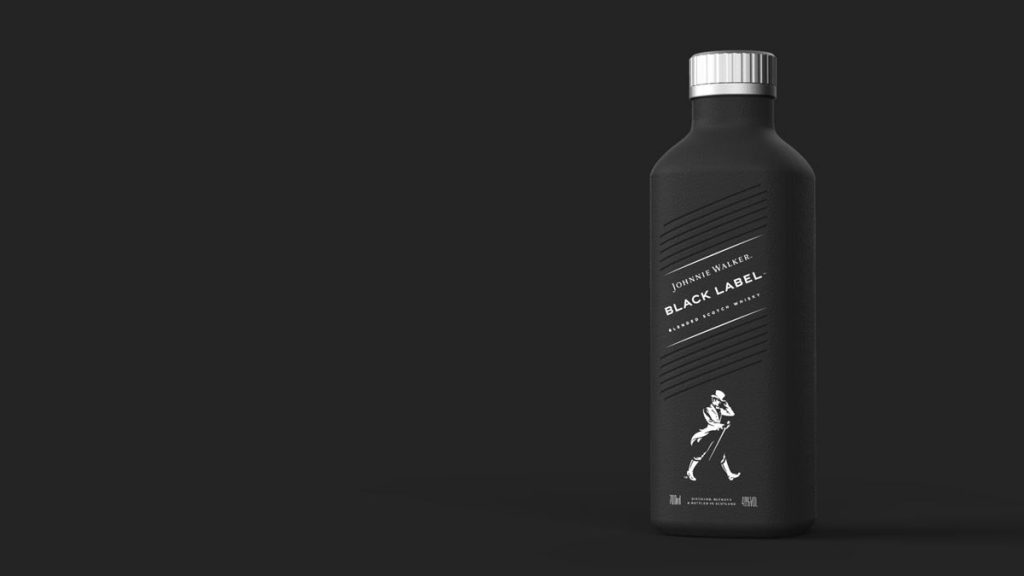After one of the most turbulent of years, what does the future now hold for the packaging industry? Neil Farmer reports.
When I wrote an article for this publication in January, I spoke of my optimism for the year ahead. I also said the new decade might prove to be a good one for the packaging industry. Ten months on and we are now coming to terms with what a post Covid-19 world might look like. If one fact is certain, it bears little resemblance to the one I outlined at the start of 2020. Despite all this, I remain positive about the future.
The economy
The economic consequences of the Covid-19 pandemic will have huge implications for the packaging industry over the next 2-3 years. It is clear that the global economy has taken a huge hit in the year to date. GDP declined by 10.8 percent in the G7 group of nations between April and June, with Britain showing a drop of 20.4 percent in the same period. In early January I said the global consumer goods packaging sector would grow at a rate of three percent per annum over the period to 2024. With the GDP of the world`s major economies declining at the rates mentioned above, my growth projections for the early part of the period under review might seem ambitious. However, it is a fact that despite the financial hardships of the pandemic, consumers still have to eat and drink. Almost 70 percent of the FMCG market is for food and drink products, which is good news for the industry. Indeed, the move to online grocery deliveries, despite initial teething problems in getting distribution systems up and running, has been a huge success. Our shopping habits have been transformed to embrace online purchasing like never before. The old ways of retail engagement might never return. Many packaging companies supplying the food and drink market and the e-commerce distribution sector will continue to do well. Margins might have been eroded but demand for packaging essentials remains robust. However, price remains an issue. There are signs that corporate activity is starting to pick up, with IPO`s and M&A deals on the horizon. The agile, efficient and proactive will prosper but some will inevitably fail. I have been impressed by the ability of companies to innovate and produce outstandingly designed and constructed packaging, including items of PPE, providing vital support to the NHS.
Environmental challenges and Covid-19
Environmental initiatives have not been abandoned during the pandemic. However, the timings of future legislative and mandatory programmes might be affected. Covid-19 has undoubtedly made the quest to reduce single-use plastic usage more problematic.

The inevitable increase in packaging waste, with the rise in home deliveries and the purchase of takeaway meals, is reported to be 10 percent in certain European countries. This problem is further exacerbated by the fact that during the worst of the pandemic many plastic recyclers closed their production as a consequence of Covid-19. Major problems included the lack of demand due to closure of converting plants, low prices for virgin plastics (as a result of low oil prices) and decreased global activity. The recycling sector is one of those in desperate need of support in its recovery plans, with actions needed by the EU, its member states and the UK. To achieve the objective of ensuring all plastics packaging placed on the EU market is reusable or easily recycled by 2030 was a challenging demand pre-Covid-19. The issue was compounded as the virus continued to hit the sector. Investment in infrastructure, separation of materials and improvements in quality of recycled materials is now more crucial than ever before. On 29 May the European Commission unveiled a EUR 750 billion Covid-19 recovery plan to revitalize the EU economy. This included the opportunity to invest in the European Green Deal, an integral part of the plan. This was subsequently reinforced with a new Circular Economy Action Plan, which will look at mandatory requirements for recycled plastic content and waste reduction measures for key products, including packaging. The priorities in the plan included reduction in overpackaging, the design of reusable and recyclable packaging and reductions in the complexity of packaging materials. The latter has to be an important focus over the next five years to facilitate a more efficient recycling stream. However, the economic effects of Covid-19 could harm the speed of take up. It was therefore good to see several new recycling initiatives being announced in recent months, as the following illustrates.
Chemical Recycling
I’ve written before about the opportunities represented by chemical recycling. It was therefore encouraging that in June 2020 Berry Global said it was collaborating with Mondelez International to supply packaging that contained plastic material recovered using advanced recycling technology. This is for its Philadelphia brand of cream cheese in Europe, a result of a chemical recycling partnership between Berry and SABIC, the Saudi-based multinational chemical manufacturing group. Mondelez will use the recycled resins as part of its goal to have five percent recycled plastic in the packaging of the product as of 2022.
Polypropylene Recycling Coalition

In July 2020 The Polypropylene Recycling Coalition, a new non-profit industry group in the USA, was launched. This is an industry wide collaboration to improve polypropylene recovery and recycling and further develop the end-market of high-quality recycled polypropylene. Its founding members include Keurig Dr Pepper, Braskem and the Walmart Foundation. The organisation has pledged $35 million over five years in this ambitious programme to achieve better sorting and consumer education to collect more PP from residential recycling. Polypropylene has a low recycling rate (three percent in the USA and lower than this globally) so this initiative, which hits all the right notes with its objectives, is to be applauded. To reinforce the importance of the group, in September materials science expert Milliken joined the Recycling Coalition. The move is part of the company`s strategy to enhance the circularity of polypropylene. Its membership will complement Milliken`s plastic circularity goal and help maintain a strong additives and modifiers portfolio.
Infinite Loop recycling facility in Europe

Europe consumes 5.5 million tonnes of PET plastic each year. According to estimates less than 7 percent of this makes its way back into bottles. European governments are imposing new regulations on single use plastics and have set minimum recycled content laws for packaging. It was therefore important that in September, Loop Industries, an innovator in sustainable plastics technology and Suez, a French multinational environmental services provider, announced they were building the first Infinite Loop recycling facility in Europe for the production of virgin quality, food grade 100 percent recycled and recyclable plastic. The new project will assist global beverage and other consumer goods producers to meet the targets for high level recycled content in their products.
International post Covid-19 joint initiatives involving companies in the packaging sector
There are some important international schemes to overcome the effects of Covid-19, involving leading players in the packaging sector. SIG, Henkel, Stora Enso and Suez, are amongst the companies who released a joint Recover Better statement in late May 2020. This called for governments around the world to match the group`s ambition to achieve a zero-carbon economy, by aligning Covid-19 economic aid and recovery efforts with the latest climate science. As of August the statement had been signed by 177 major multinationals and was the largest ever UN-backed, Chief Executive Officer-led climate advocacy effort. It called for policies to build resilience against future shocks by supporting efforts to hold global temperature rises to within 1.5 degrees Centigrade above pre-industrial levels. This would be in line with reaching net-zero emissions well before 2050. The Recover Better campaign is being convened by the Science Based Targets initiative (SBTi), together with the UN Global Compact and the We Mean Business coalition. It is a great example of collaborative action.
Paper bottle developments

In the January 2020 issue of FMCG CEO I wrote about The Paper Bottle project, a joint venture between Billerud Korsnas and ALPLA. I referenced the potential of a fully bio-based and recyclable paper bottle. Fast forward six months and another project shows signs of promise. In late June 2020 the Italian vineyard Cantina Goccia became the first vineyard to use Frugalpac`s paper wine bottle for its 3Q wine. Called the Frugal Bottle this is a light-weight alternative to glass containers. The bottle is made from 94 per cent recycled paperboard. The pack incorporates a plastic food-grade liner and consumers can separate this from the bottle. Alternatively, the plastic liner can be separated in the paper re-pulping process.

The bottle has an 84 percent lower carbon footprint than a glass container and a third less than a bottle made from 100 per cent recycled plastic. Since the launch there has been considerable interest in the new packaging technology in many European countries. The company says the pack is under consideration by some UK supermarkets and hospitality groups. It will be available from retail outlets across the UK, Denmark and Holland. The development of sustainable packaging is the ambition of all in the industry and, as we come out of the Covid-19 lockdown period, projects like this have good potential.
In mid-July multinational alcoholic drinks company Diageo unveiled a 100 per cent plastic-free, paper-based spirits bottle. The new container is made from sustainably sourced pulp to meet food-safe standards and will be fully recyclable in standard waste streams. It will be launched with scotch whisky brand Johnnie Walker in early 2021.

The bottle has been created through a new partnership with Pilot Lite, a US based venture management group, to launch Pulpex, a sustainable packaging technology company. Pulpex has established a partnership consortium of leading FMCG producers in non-competing categories, including Unilever and PepsiCo. Further partners are expected to be announced later in the year. The partners each plan to launch their own branded paper bottles in 2021, based on Pulpex design and technology. Innovation thrives even in pandemic times.
Tough times for the food service packaging sector
The foodservice sector has gone through tough times during the Covid-19 lockdown. The industry is now focusing on restoring consumer confidence, with businesses reopening safely. The UK`s “Eat Out to Help Out” scheme in August, plus VAT tax reductions, have helped stimulate demand as consumers embrace the new normal. The Economist newspaper reported on 11 July that in Europe a fifth of furloughed workers have jobs in industries that seem likely to shrink over time, such as hospitality and leisure, illustrating the level of the challenge facing the sector. To add to industry`s concerns, in September the UK went into another period of restricted social gatherings. It is now clear these are here to stay. The food service packaging sector is thus again under threat.

The future
I started this article by saying I was positive about the future of the packaging industry. I remain so, but with so many imponderables at present, it is wise to reserve judgement as to how the economy will evolve in 2021. It is likely some recovery will occur in the year, but the first half will be tough. There is much investment and commitment to a better and brighter post Covid-19 future. The industry has gone through periods of turbulence before and always managed to weather the storm. The sector might look different in two years` time, but it will still remain buoyant, innovative and vibrant.

Neil FARMER
Managing Director of Neil Farmer Associates. One of the world’s leading authorities on packaging and a fellow of the Institute of Packaging. Author of: Trends in Packaging of Food, Beverages and other fast-moving Consumer Goods (FMCG), published by Elsevier.



